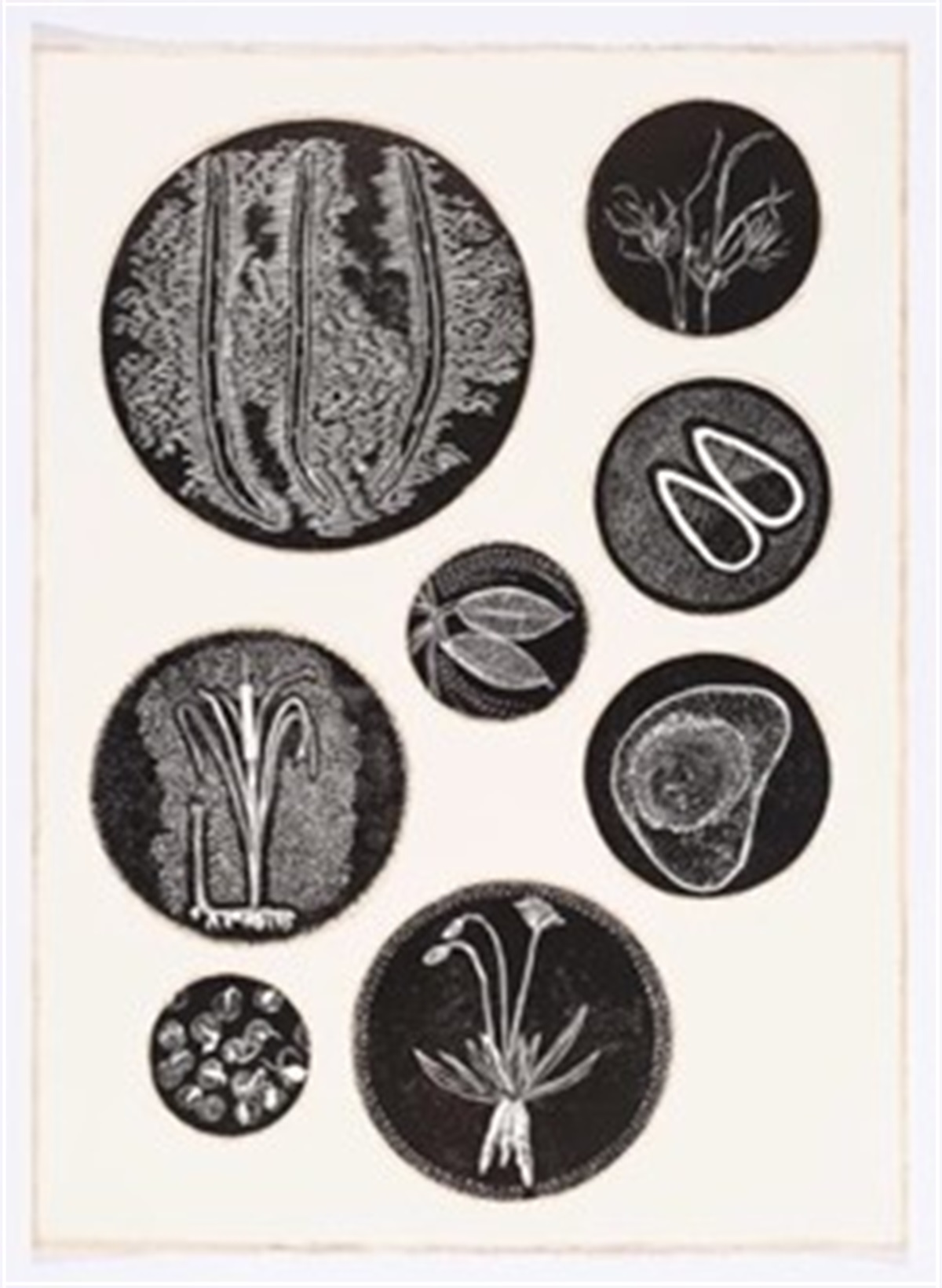An extra 160 medical students each year will begin end-to-end rural medical training at six new medical school programs in rural communities, thanks to a $90 million investment from the Albanese Government.
The investment will build medical classrooms, equipment and facilities, as well as provide up to 80 new medical Commonwealth Supported Places that will be matched by universities that must redirect an equivalent number of their existing placements to the six new rural programs.
There is strong evidence that shows doctors who train in rural and regional Australia are more likely to stay and practise in rural and regional Australia after they graduate.
Development of the new facilities and programs will begin from 2024, with:
- 30 medical students in Ararat and Warrnambool, Victoria – Deaking University
- 20 medical students in Broome, Western Australia – University of Notre Dame
- 20 medical students in Rockhampton, Queensland – University of Queensland
- 30 medical students in Nowra, New South Wales – University of Wollongong
- 20 medical students in regional Tasmania – University of Tasmania
- 40 medical students in regional South Australia – Flinders University
The rural programs will also bring much-needed economic and social benefits for their communities, with an influx of staff and students living and working locally.
Universities with existing medical schools were selected through a competitive grants process and will receive capital, establishment and recurrent costs to support the new facilities and programs.
The Albanese Government is also providing $2.8 million to fund preliminary exploratory work on the establishment of a new medical school in the Northern Territory.
Supporting high quality rural health training is one way the Government can make a measurable impact on the uneven distribution of the health workforce.
This builds on other work to make it easier to see a doctor, like:
- the Working Better for Medicare Review – to encourage health workers to live and work where they’re needed most;
- the Unleashing the Potential of Our Health Workforce Review – to ensure that, wherever they work, every health professional can provide every bit of their skills, training and experience.
Quotes attributable to Minister Butler:
“We know that doctors that train in rural and regional Australia are more likely to stay and set up shop in rural and regional Australia.
“When we came to government, nine years of cuts and neglect to Medicare meant it had never been harder or more expensive to see a doctor, particularly for people in rural and regional Australia.
“The largest investment in bulk billing in the history of Medicare is making it cheaper to see a doctor and these new rural medical programs will make it easier to get in to see one.”
Quotes attributable to Minister Clare:
“This important initiative will ensure medical students study, train and live in regional and rural communities.
“Providing more places for medical students means more people who are thinking about training to become a doctor, get a crack at going to university.
“More doctors living and practising in rural and regional Australia is good for the health of families and good for the health of our regional communities.”
Quotes attributable to Assistant Minister McBride:
“These new rural medical programs and additional Commonwealth Supported Places will make a difference in communities right across the country.
“The Government is tapping into the talent already there in regional Australia.
“Through this investment we will unearth more local doctors, eager to train and work in their own communities and providing vital healthcare into the future.”








